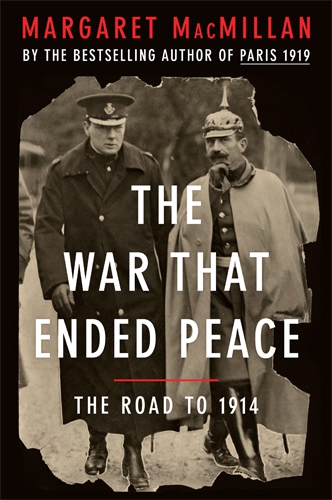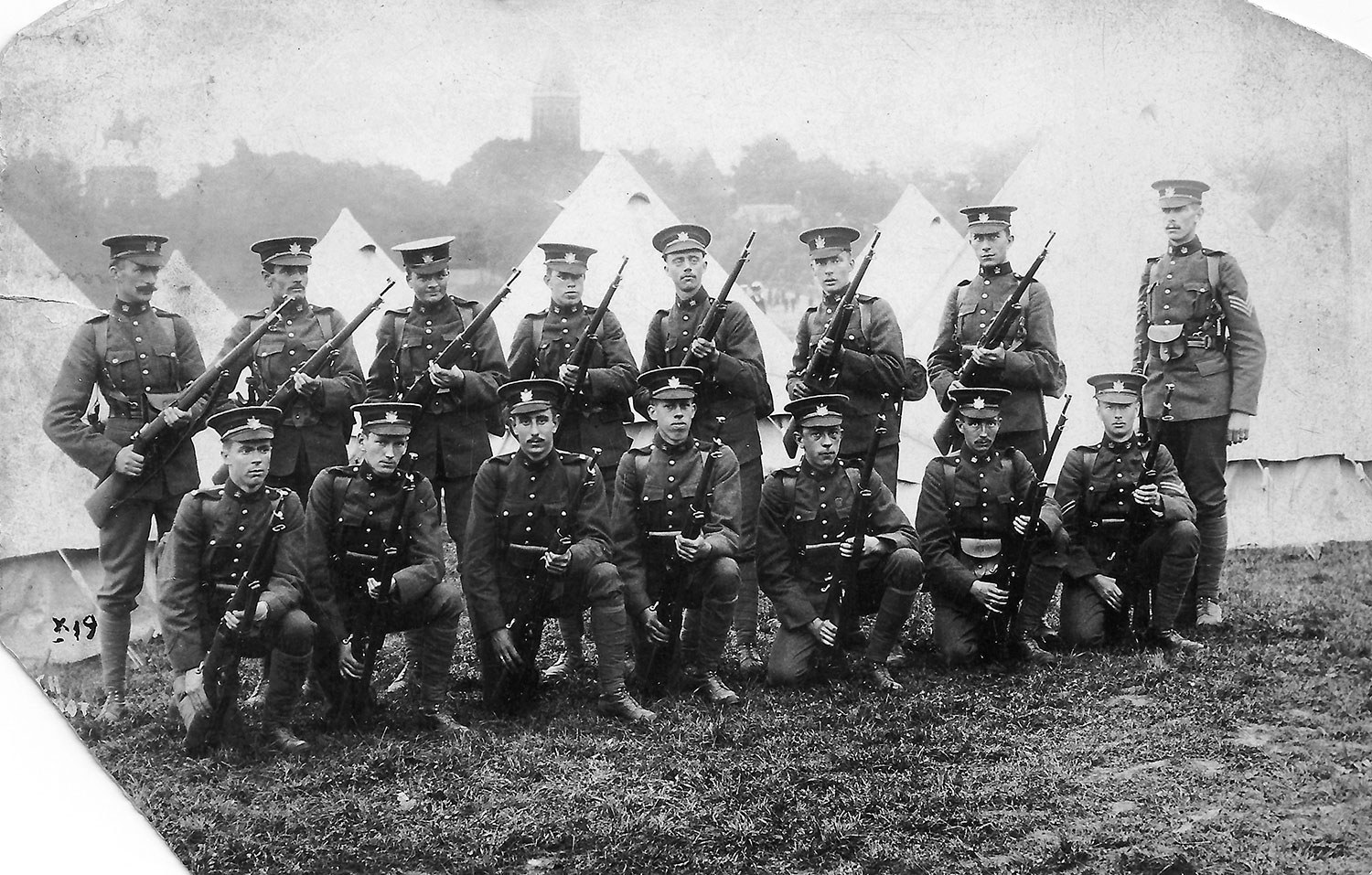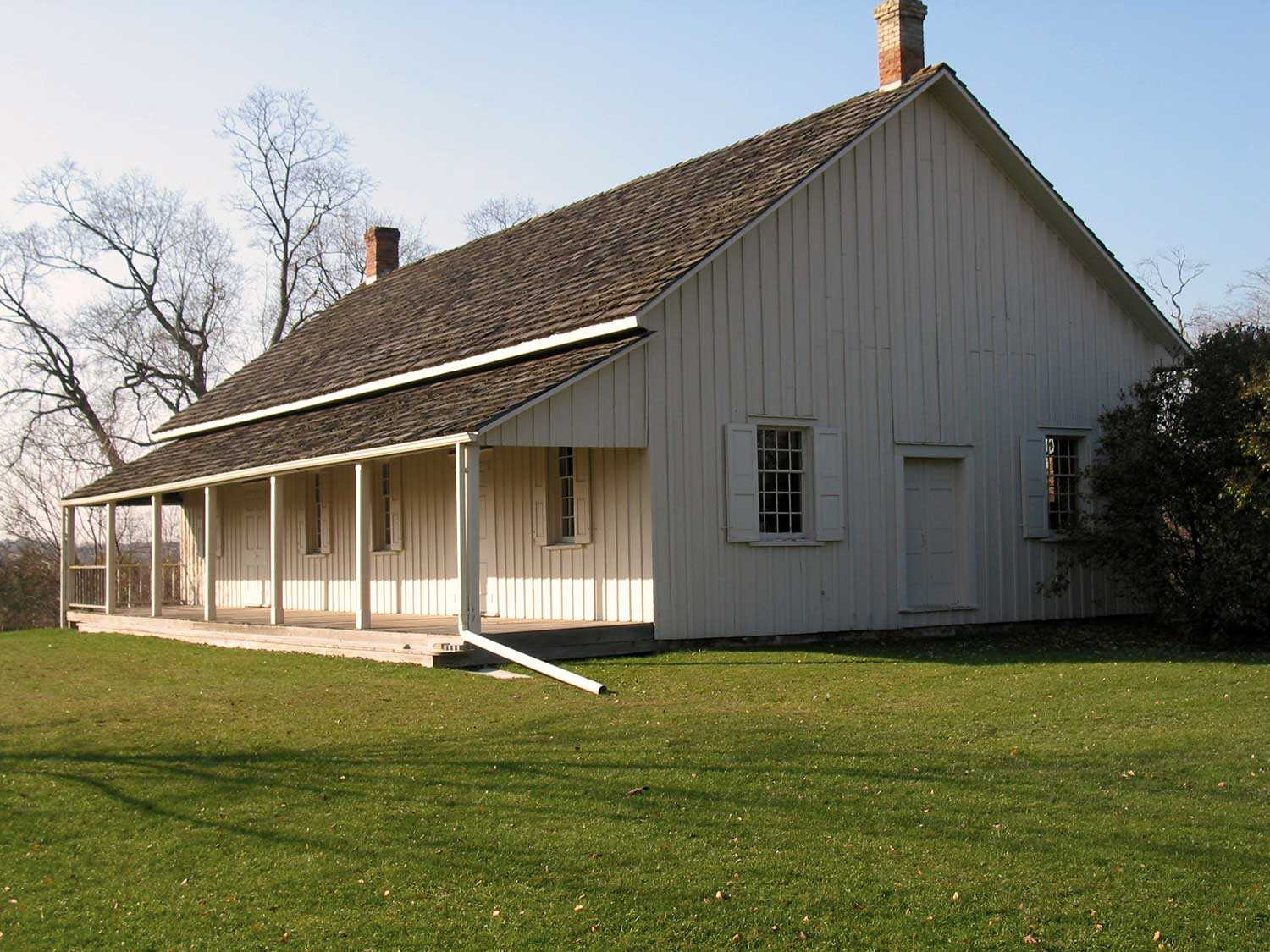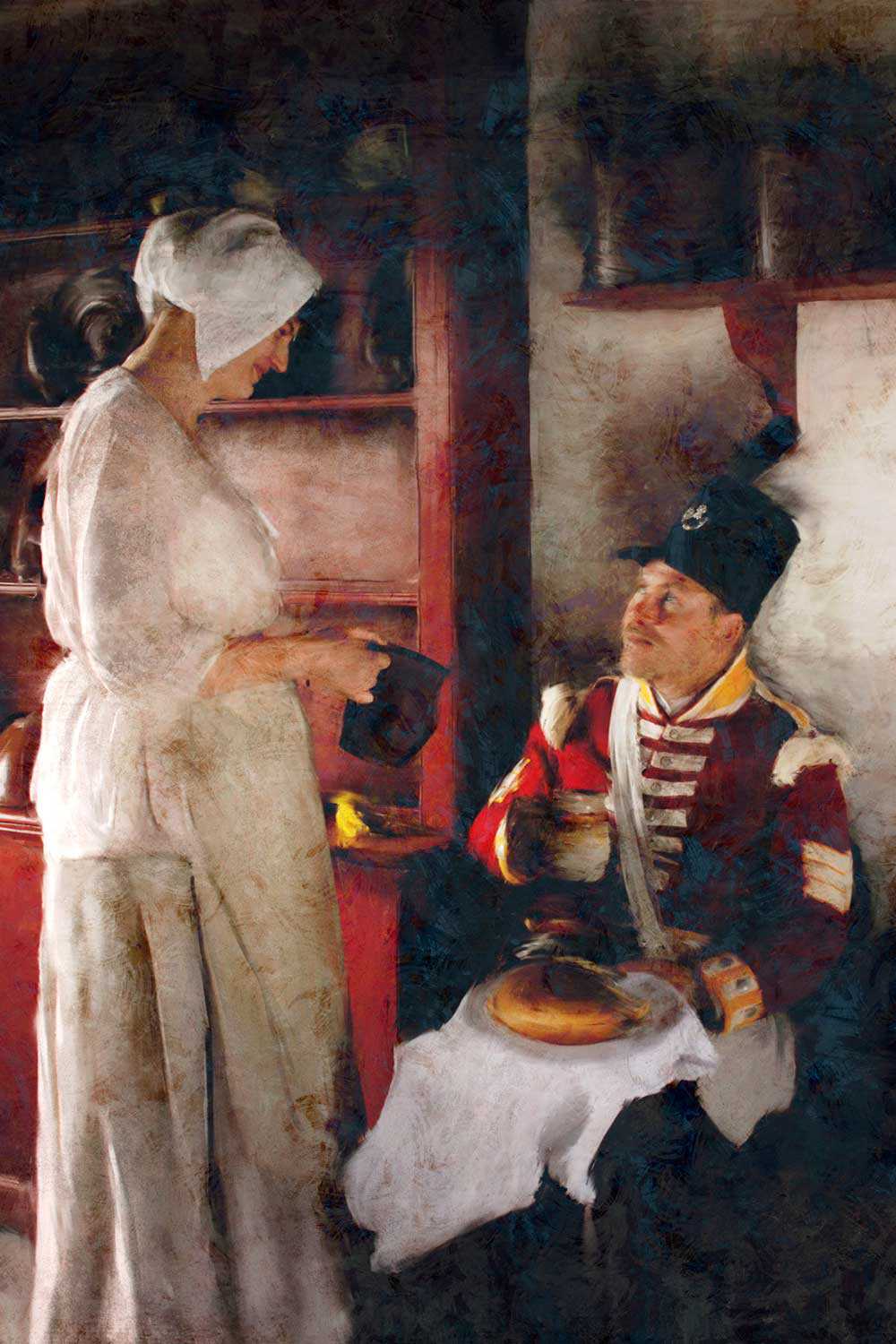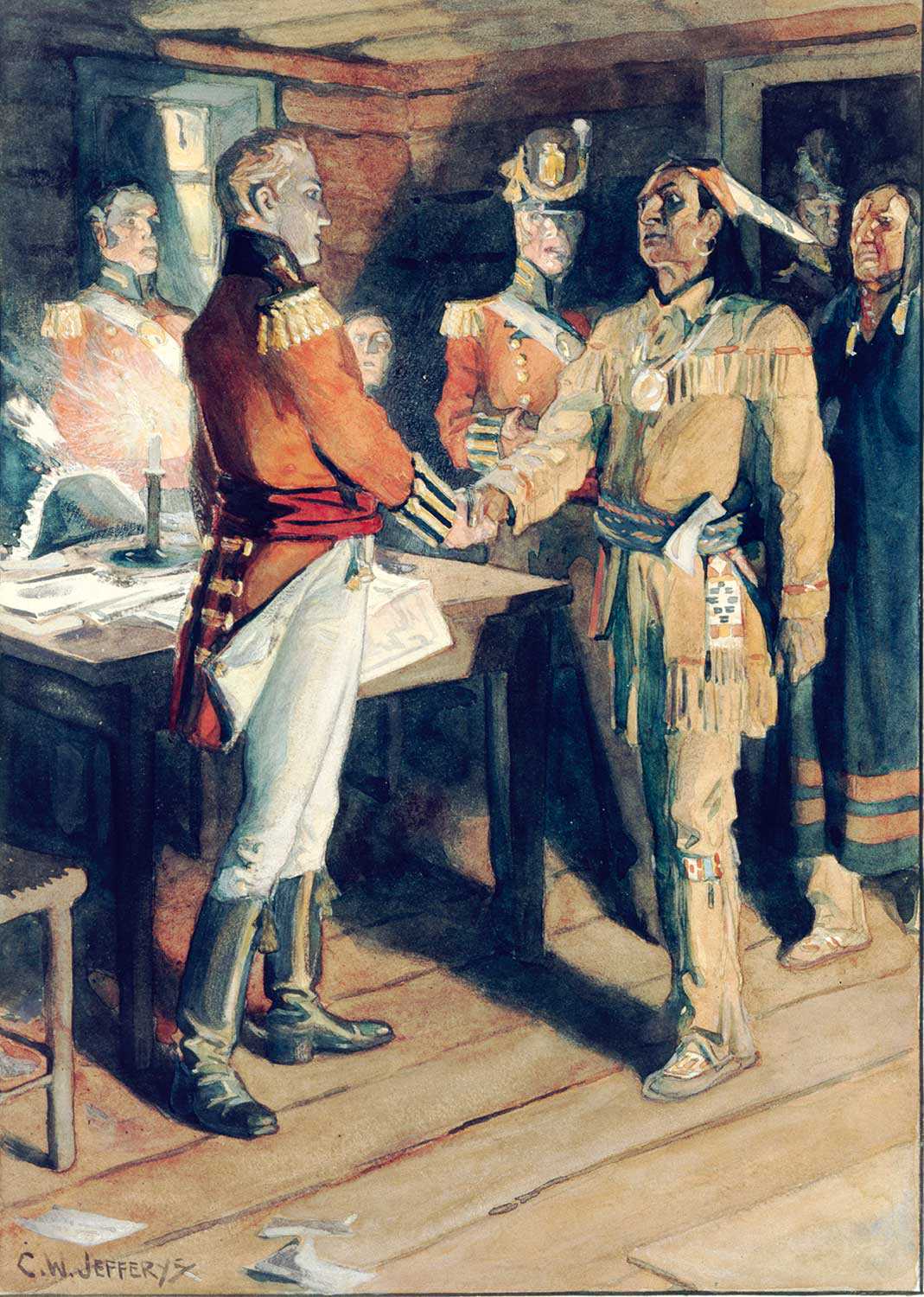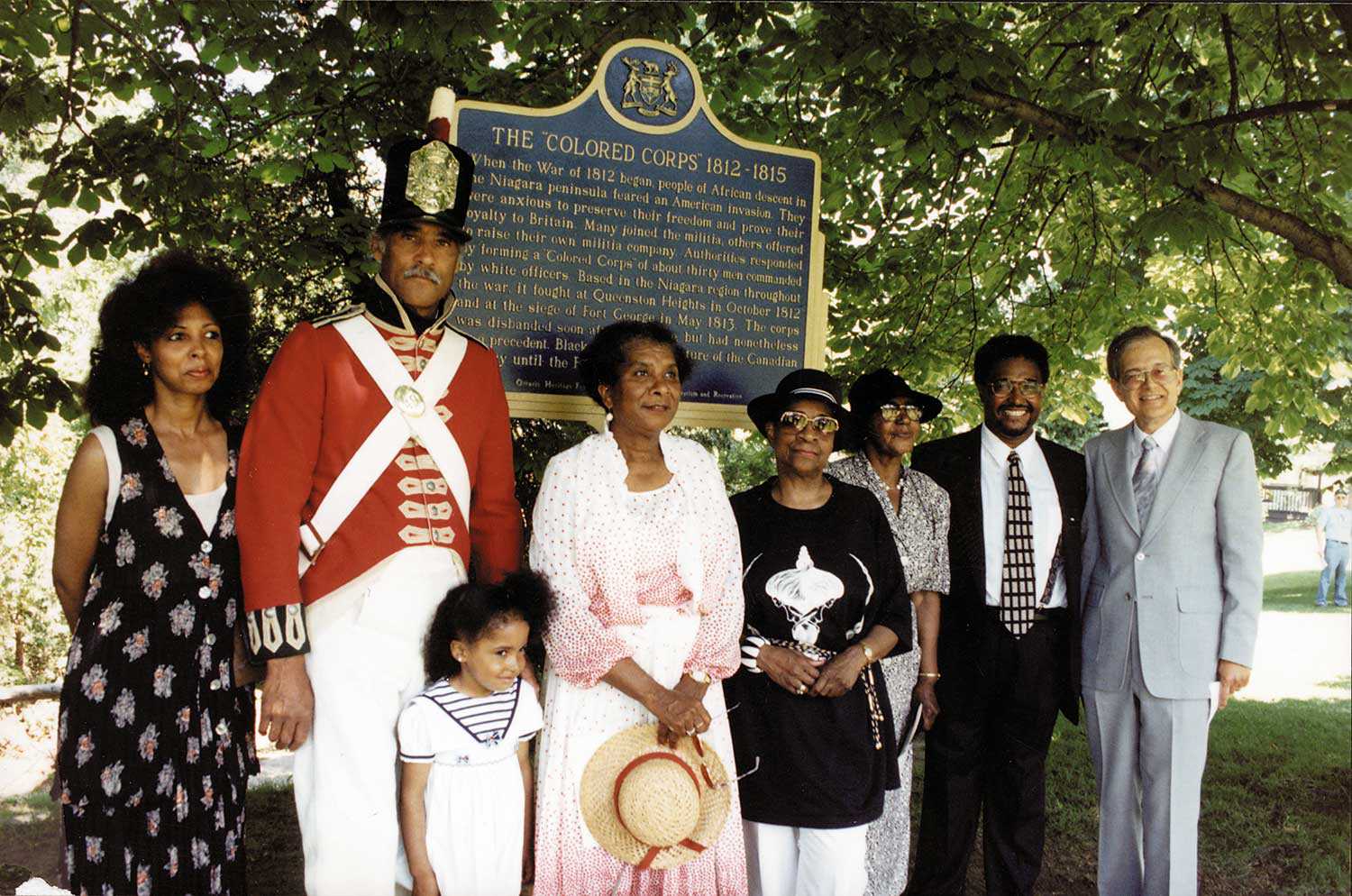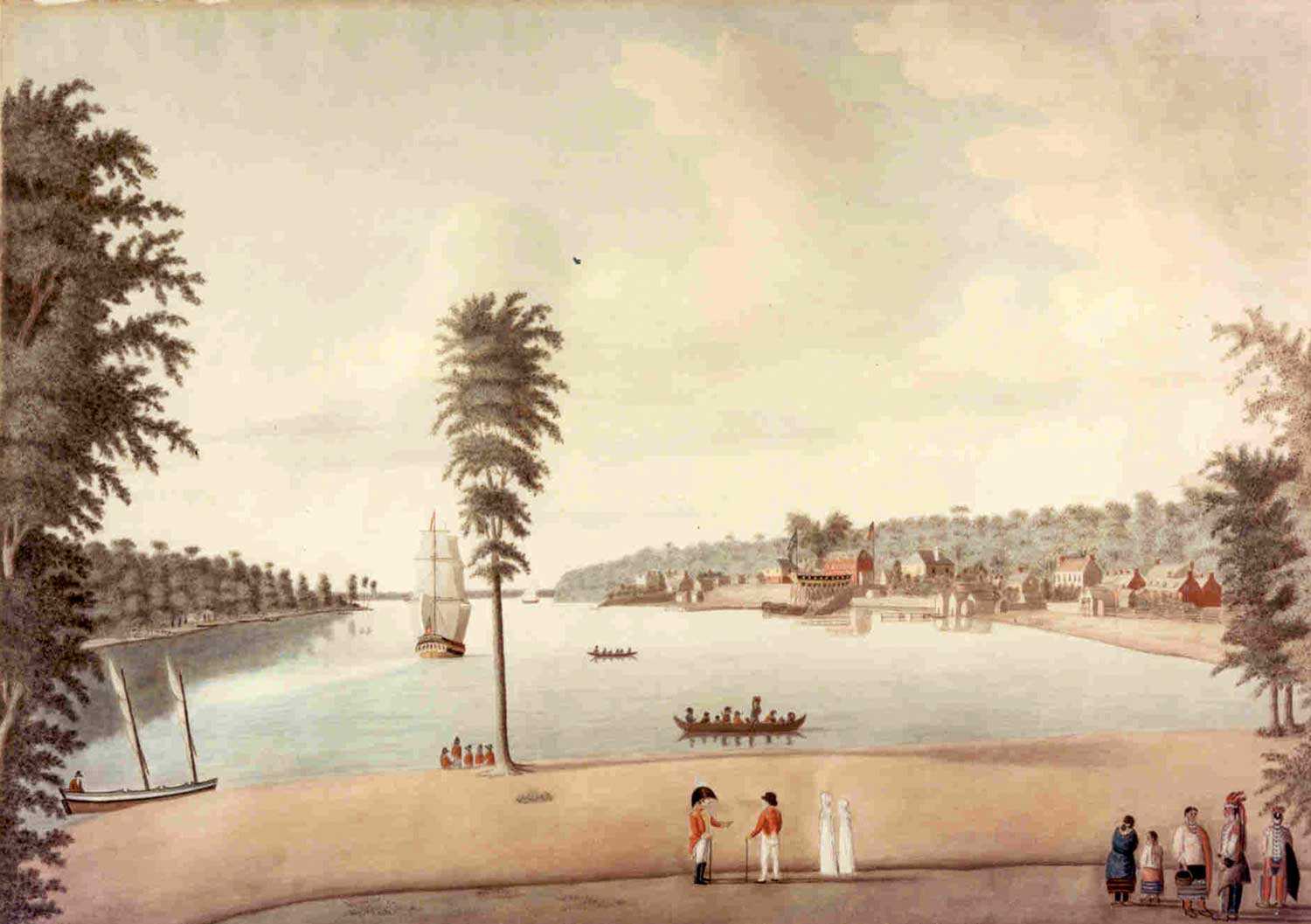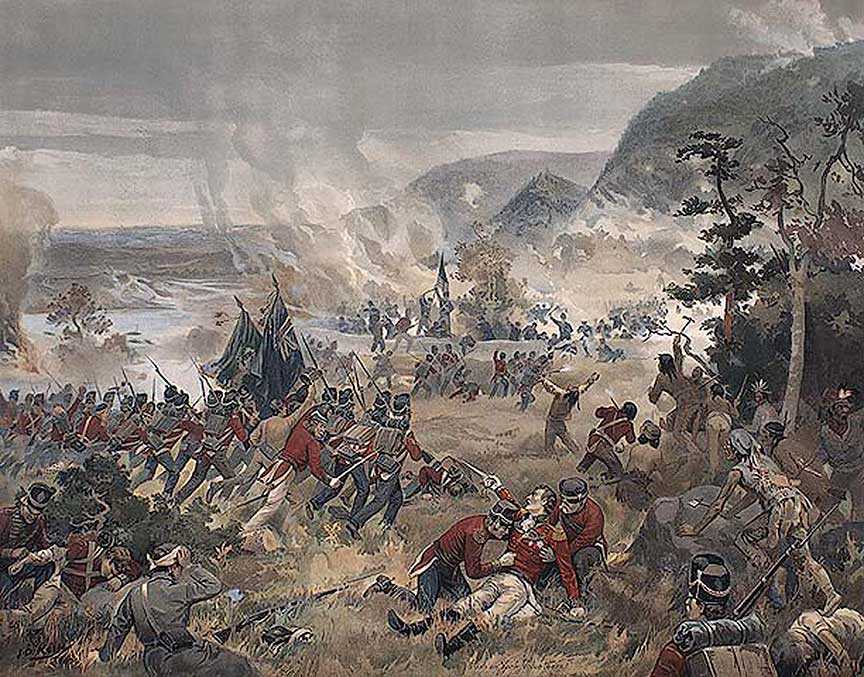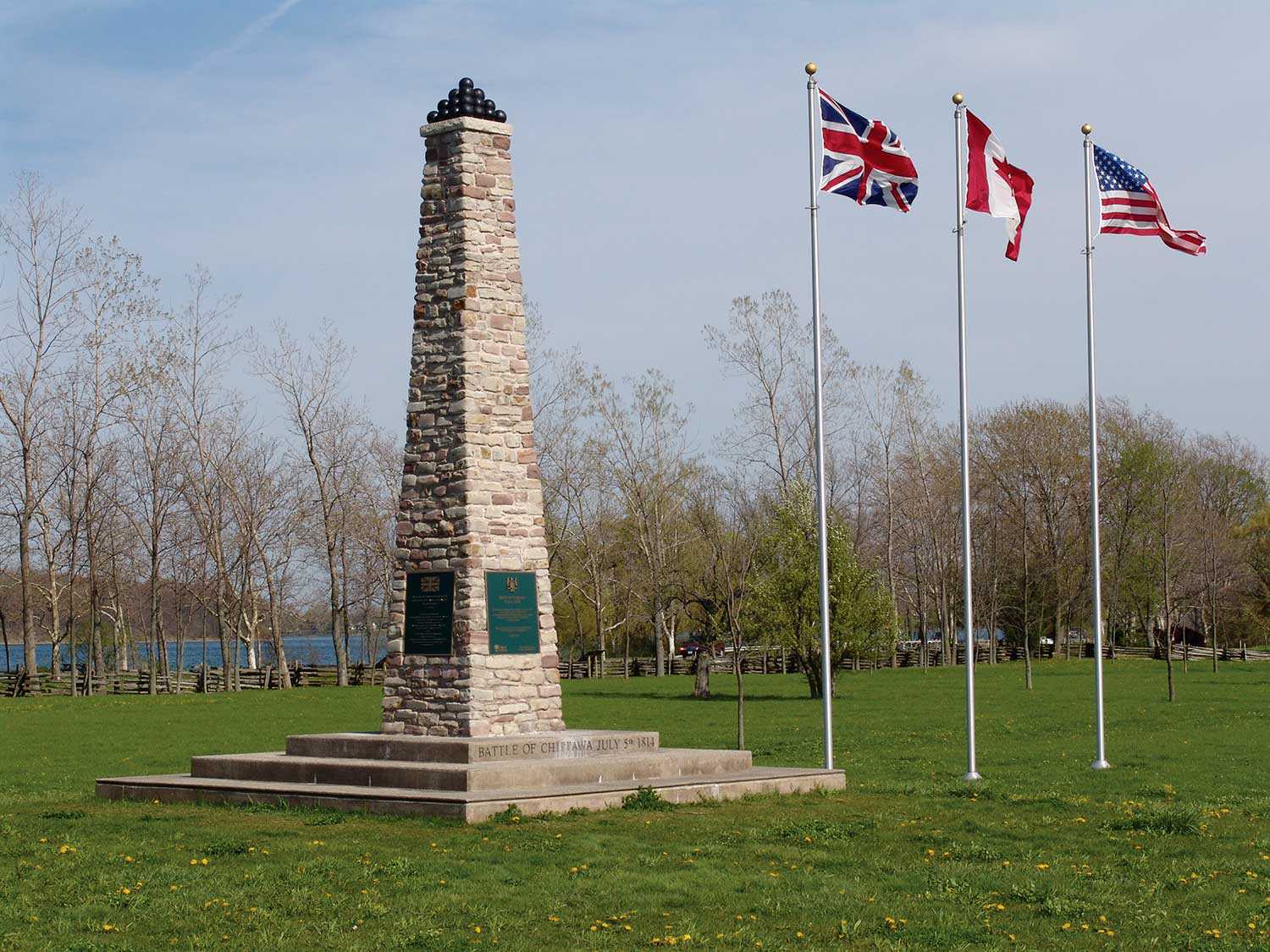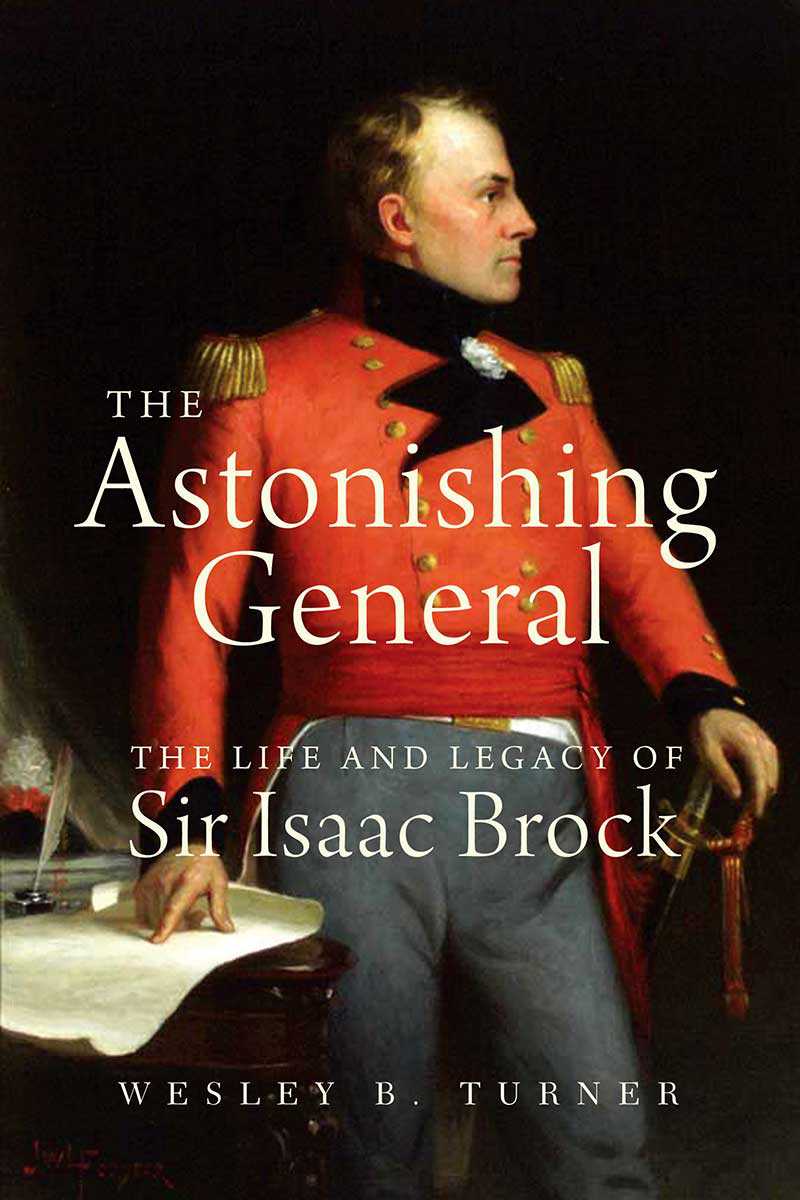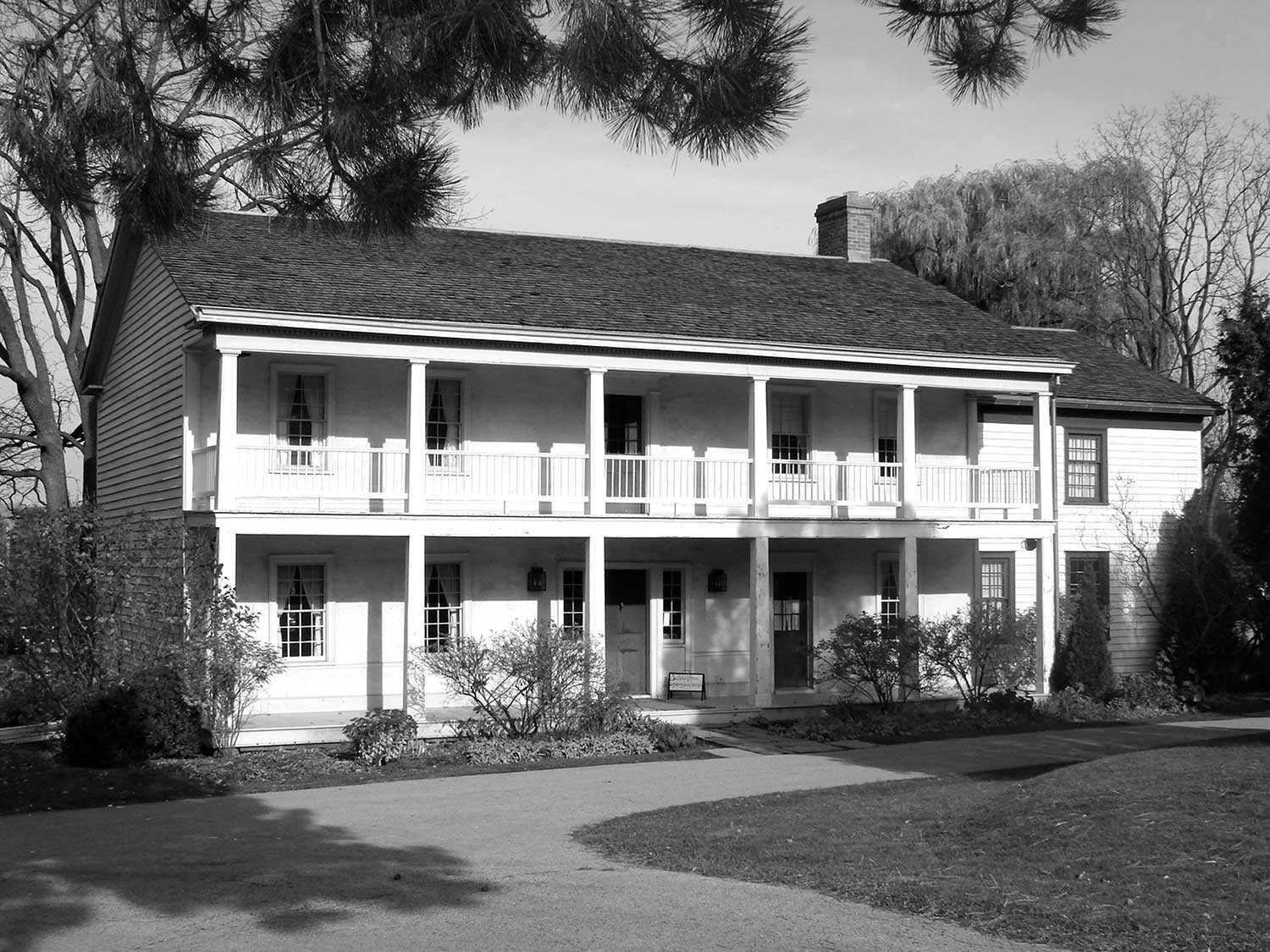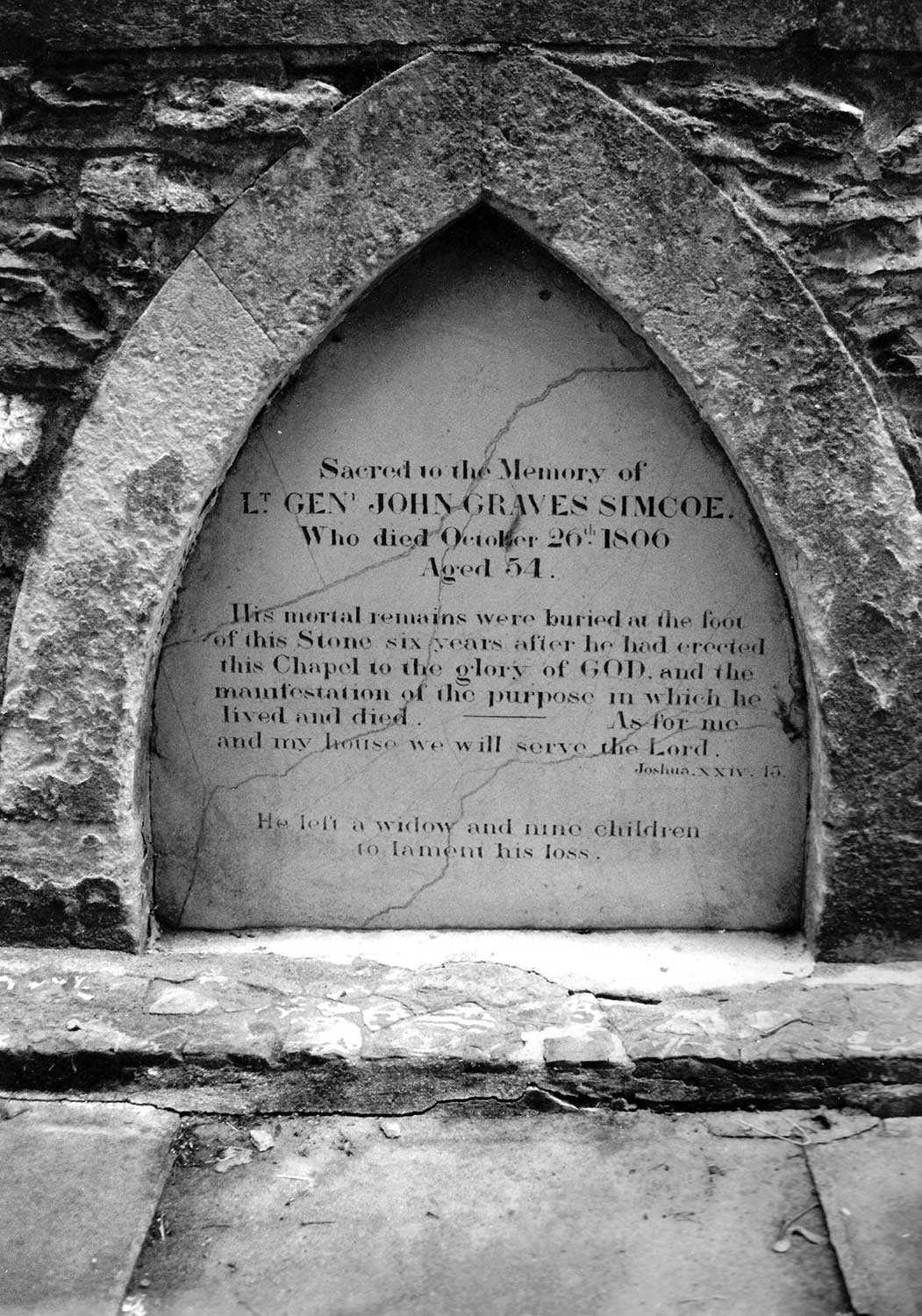

Browse by category
- Adaptive reuse
- Archaeology
- Arts and creativity
- Black heritage
- Buildings and architecture
- Communication
- Community
- Cultural landscapes
- Cultural objects
- Design
- Economics of heritage
- Environment
- Expanding the narrative
- Food
- Francophone heritage
- Indigenous heritage
- Intangible heritage
- Medical heritage
- Military heritage
- MyOntario
- Natural heritage
- Sport heritage
- Tools for conservation
- Women's heritage
As summer fades
Military heritage
Published Date: Feb 14, 2014
Photo: “War declared!” Scene outside the Toronto Star office at midnight on August 4, 1914. Photo: Queen’s University Archives, A.A Chesterfield fonds.
Europe was bursting with energy as the spring of 1914 gave way to one the warmest and most beautiful summers in recent memory. Much of that energy, however, was fuelled by tension.
Long-held traditions and ways of life vied with the modern era. The world had become rapidly and increasingly globalized in preceding decades; existing structures of governance were ill equipped to keep up. New social and political structures were being formulated, and national identities were being redefined. Some envisioned a different future, while others held strong to traditional models that had offered stability and guided Europe through nearly a century of relative peace. As they scrambled to adapt, to suppress and mitigate these forces, tensions between and within the empires and European nations were mounting.
Austria-Hungary, in particular, was struggling to keep its empire together. A complicated series of standoffs and diplomatic machinations were set in motion on June 28 when the heir to the throne Archduke Franz Ferdinand and his wife were assassinated in Sarajevo by a young Bosnian Serb nationalist. These events, in turn, invoked a recently created entanglement of alliances that saw the so-called Triple Entente (France, Russia and Great Britain) poised against the Central Powers (Germany and Austria-Hungary).
The assassination gave Austria-Hungary the pretext it needed to suppress a threatening South Slav revolt within their empire; they sought the support of Germany in retaliating against the Serbians, who they suspected were behind the Archduke’s death. Germany was willing to lend the desired support, partially out of fear that if the Austro-Hungarian Empire were to collapse, Germany would be encircled by Triple Entente powers.
In Ontario, newspapers and their readers followed developments on the European continent with interest. But it was the threat of civil war in Ireland that dominated public discourse and seemed the more pressing matter in June and July of 1914. This issue, however, would soon be overshadowed by events on the continent.
By the end of July, developments in Europe had taken a dangerous turn. After Serbia failed to satisfy an impossible ultimatum, Austria declared war on July 26. Germany and Russia had been drawn into the conflict and soon – due to botched diplomatic efforts, poor communication, suspicion, fear, pride and jealousy – France and Great Britain would be involved as well. Within a few days, the major powers of Europe were mobilizing for war.
Throughout Europe, crowds gathered in streets and squares, singing patriotic songs, listening to speeches and sharing news. Radical nationalists in most of the concerned nations amplified rhetoric and resentment, putting further pressure on political leaders to appear resolute and combative. Many, pursuing half-baked theories of Social Darwinism, believed that war would extinguish weaker nations and elements within Europe and thereby be regenerative. Public opinion was becoming an increasingly important factor in a democratizing Europe. In this instance, it actually helped tip the scales toward war.
Mobilizations in the first days of August were difficult to reverse and severely limited the amount of time decision-makers had to find alternatives as the crisis escalated. Still, as historians have recently emphasized, war was not inevitable; there were opportunities for all concerned nations to defuse the situation.
On August 2, after having demanded that Russia stop mobilization, Germany declared war on Russia and then on France – Russia’s ally – the next day. Germany then invaded Belgium, forcing Great Britain to declare war at midnight on August 4. Great Britain’s declaration of war meant that her colonies – including Canada – were also at war.
At first, there was a sense of excitement throughout Ontario and Canada as the opportunity to serve the motherland and participate in this global conflict presented itself. Crowds gathered in villages, towns and cities across Ontario, singing God Save the Queen and Rule Britannia. Patriotic oaths were sworn, and enemies were denounced and vilified as uncivilized, degenerate threats to liberty, stability and, ironically, peace. Others simply felt duty-bound to defend the country and empire in which they lived.
Similar crowds gathered in Paris, St. Petersburg, Vienna, Berlin and Munich, where a young Adolf Hitler sank to his knees and thanked heaven that he was “permitted to live in such times.” The naïveté, jingoism and nativism displayed in these days can be difficult to understand with the hindsight that, in the coming years, millions of lives would be lost and countless others devastated as slaughter was enacted on the largest scale the world had ever seen.
In the days following the declaration of war, militia headquarters across Ontario were overwhelmed by the thousands of young men clamouring to enlist. Many, in fact, had to be turned away. Those able to enlist, however, trained at local armouries before being sent to Valcartier, Quebec, where the first contingent of the Canadian Expeditionary Force gathered and trained before embarking for England on October 1. After training for months in the Salisbury mud during one of the wettest winters in decades, Canadian troops eagerly headed for France. Uncertain of what lay ahead.

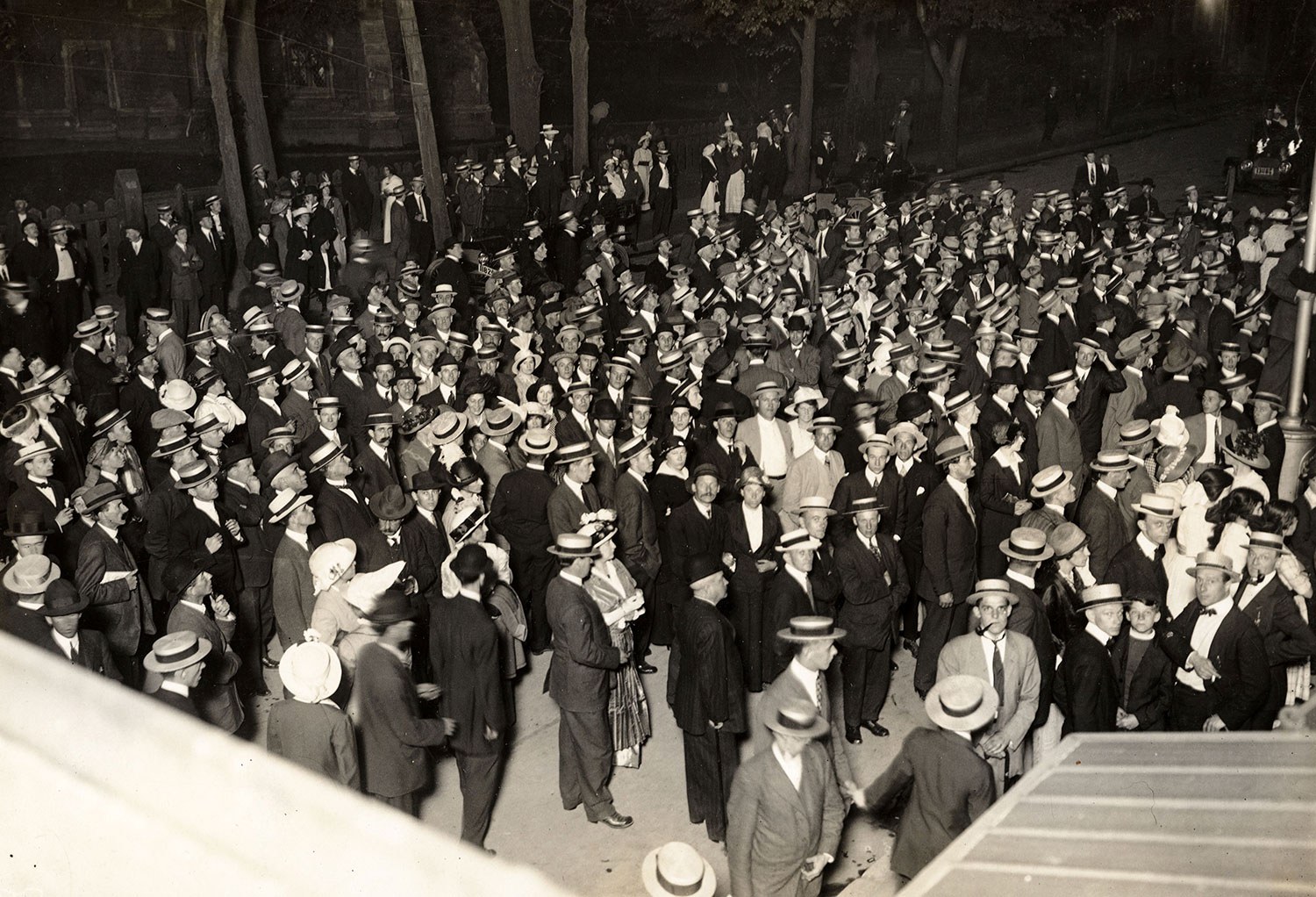
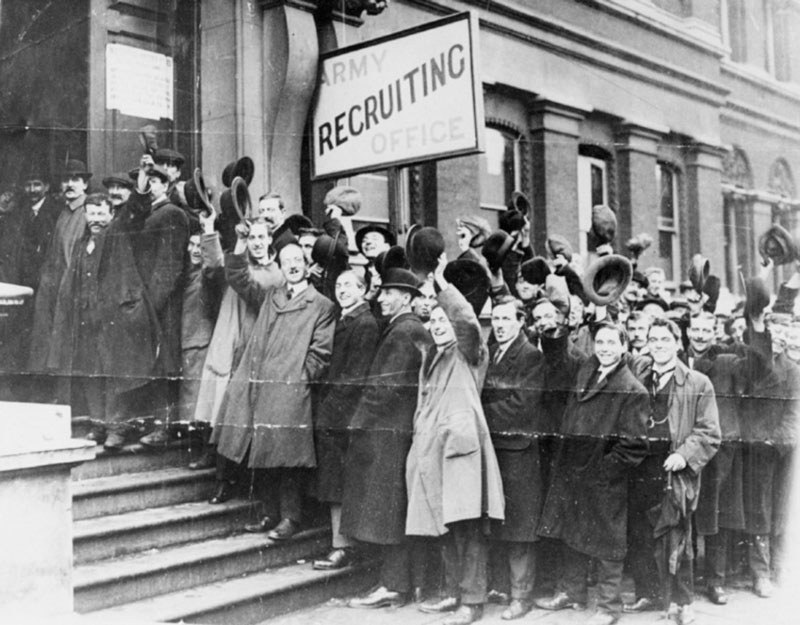
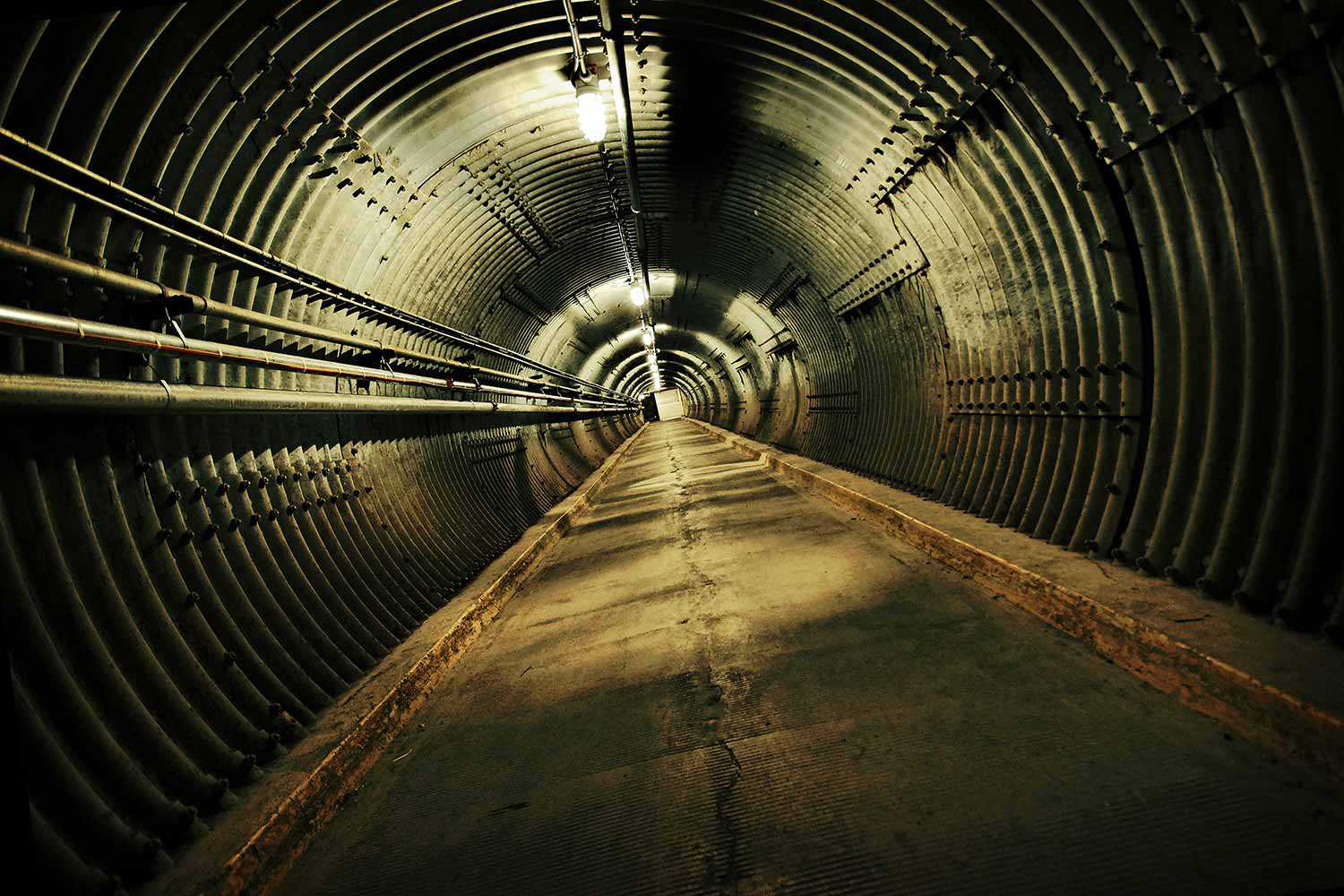
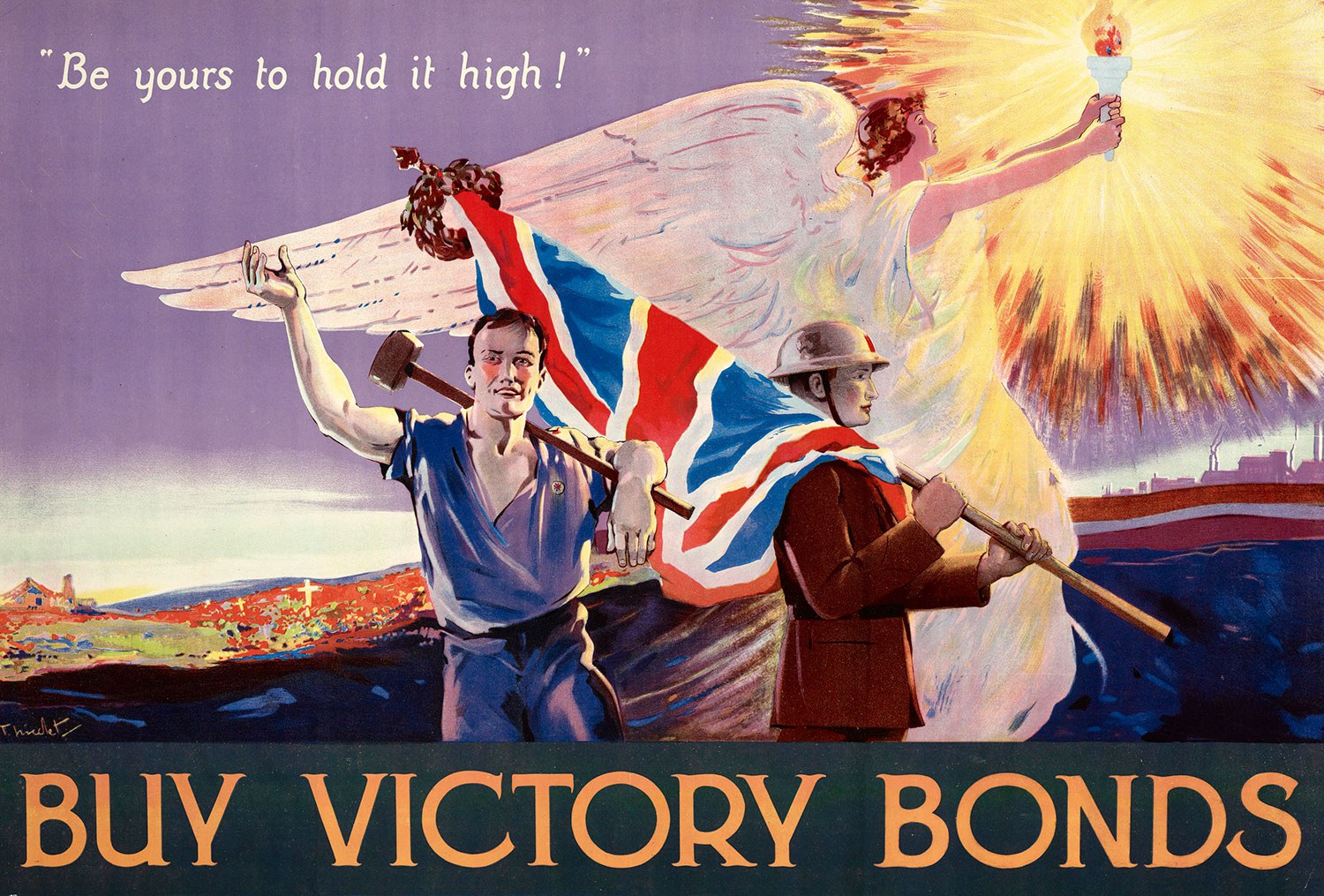
![J.E. Sampson. Archives of Ontario War Poster Collection [between 1914 and 1918]. (Archives of Ontario, C 233-2-1-0-296).](https://www.heritage-matters.ca/uploads/Articles/Victory-Bonds-cover-image-AO-web.jpg)
